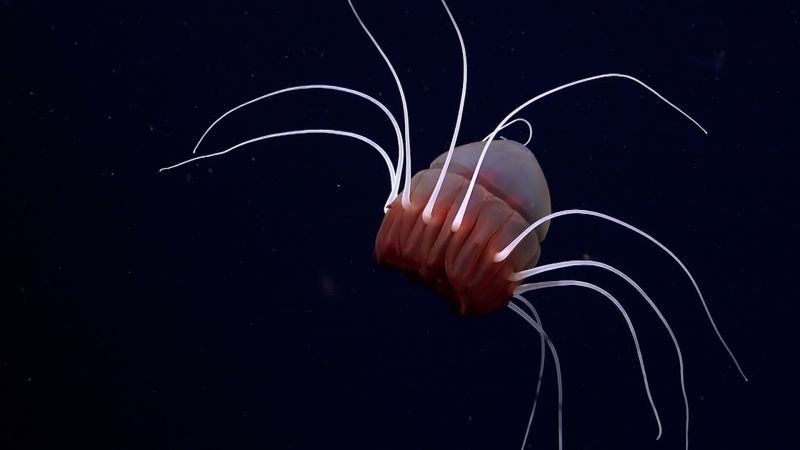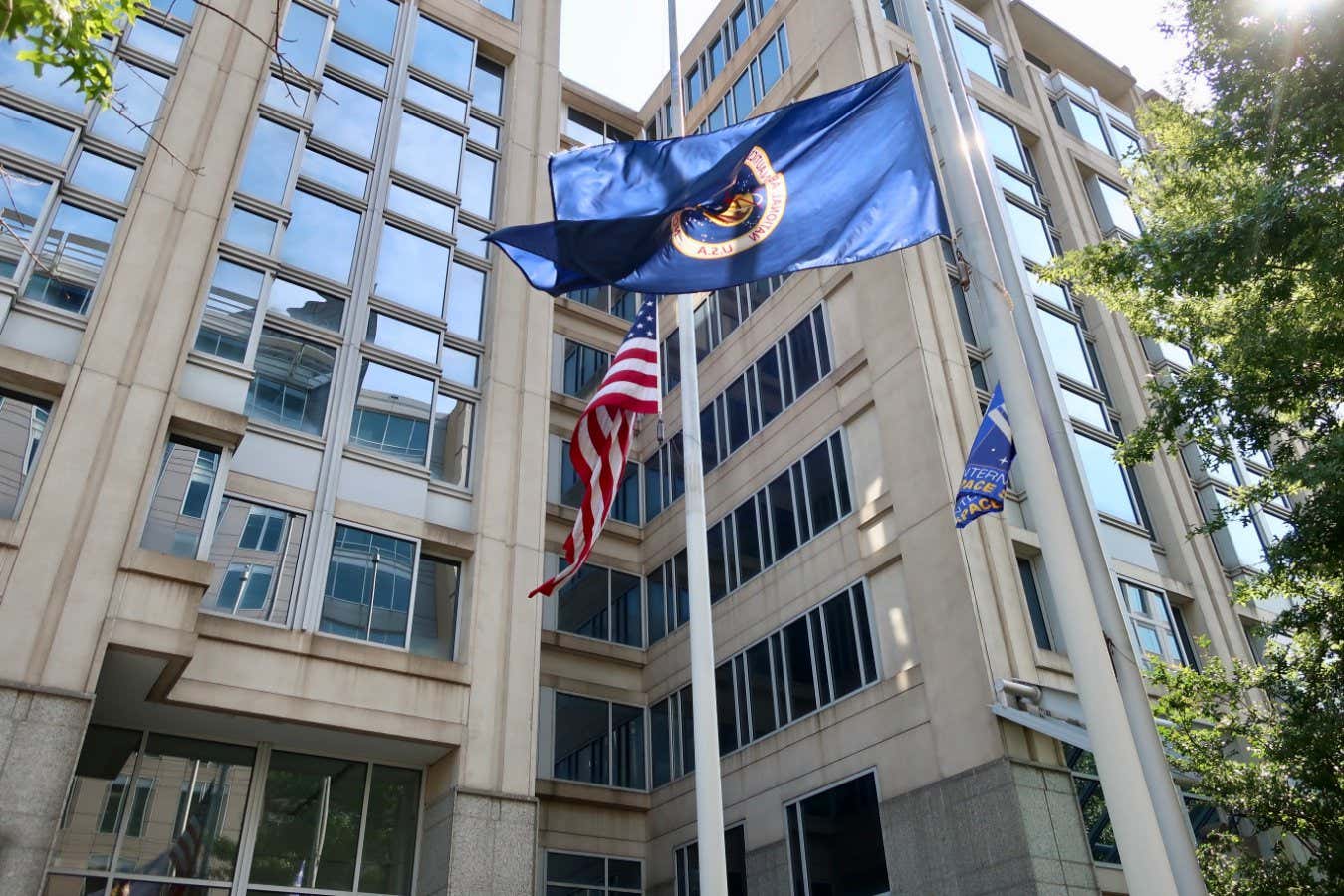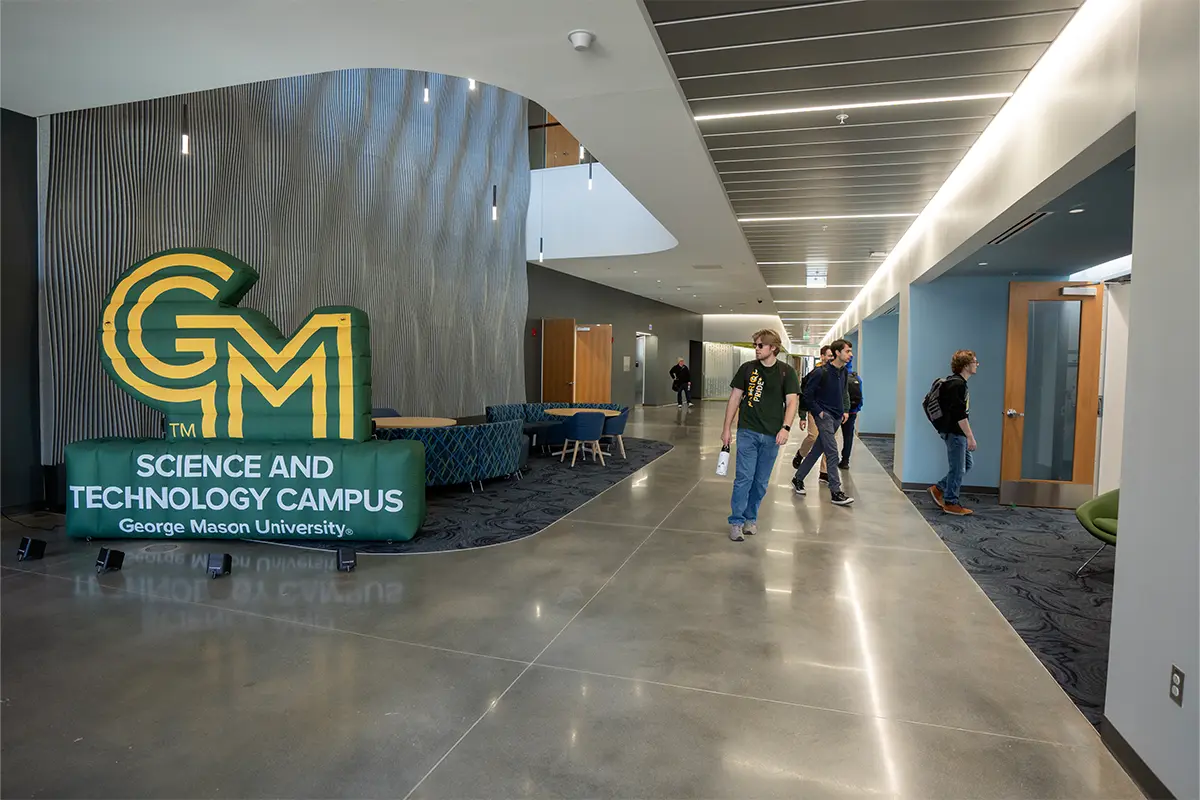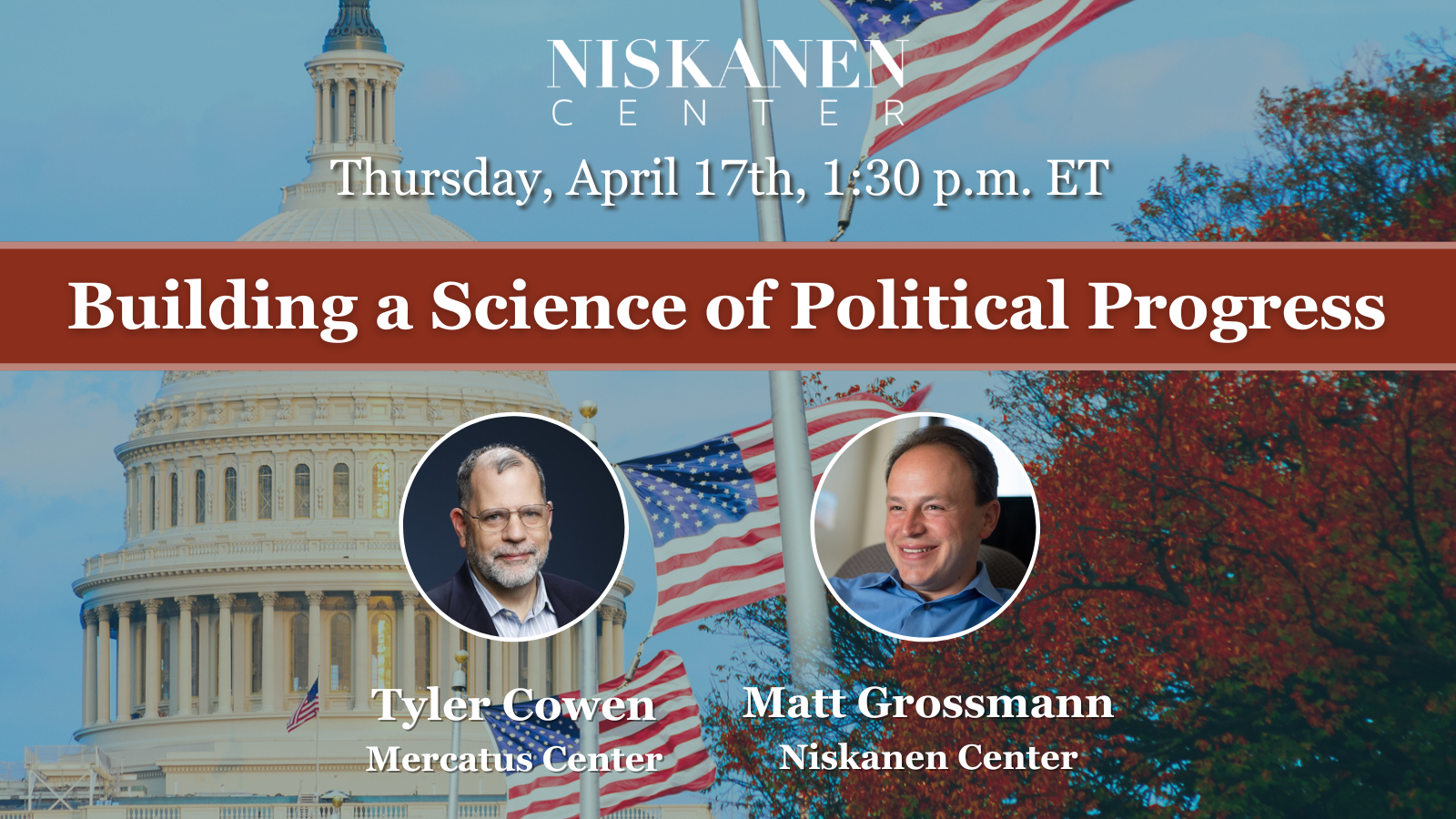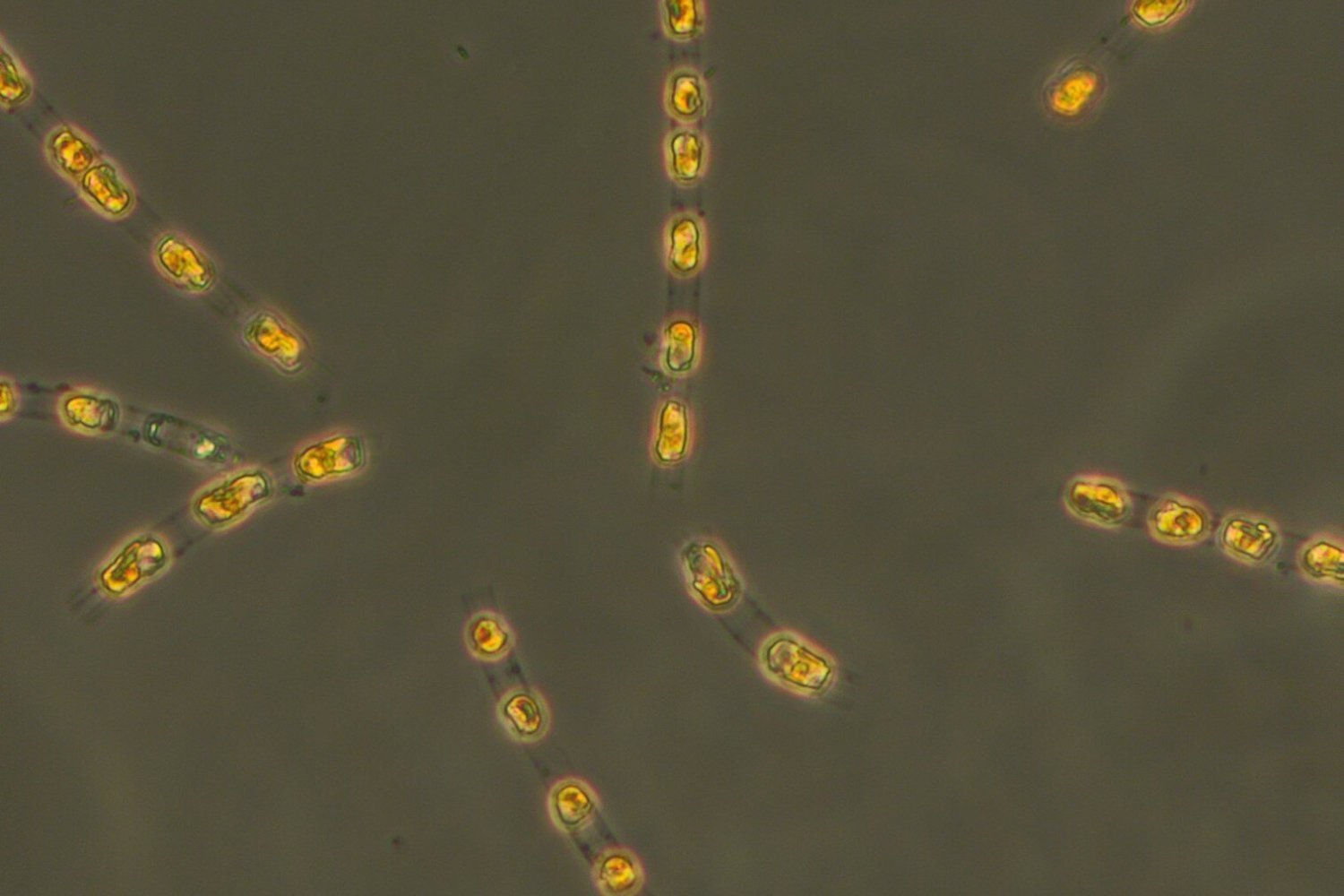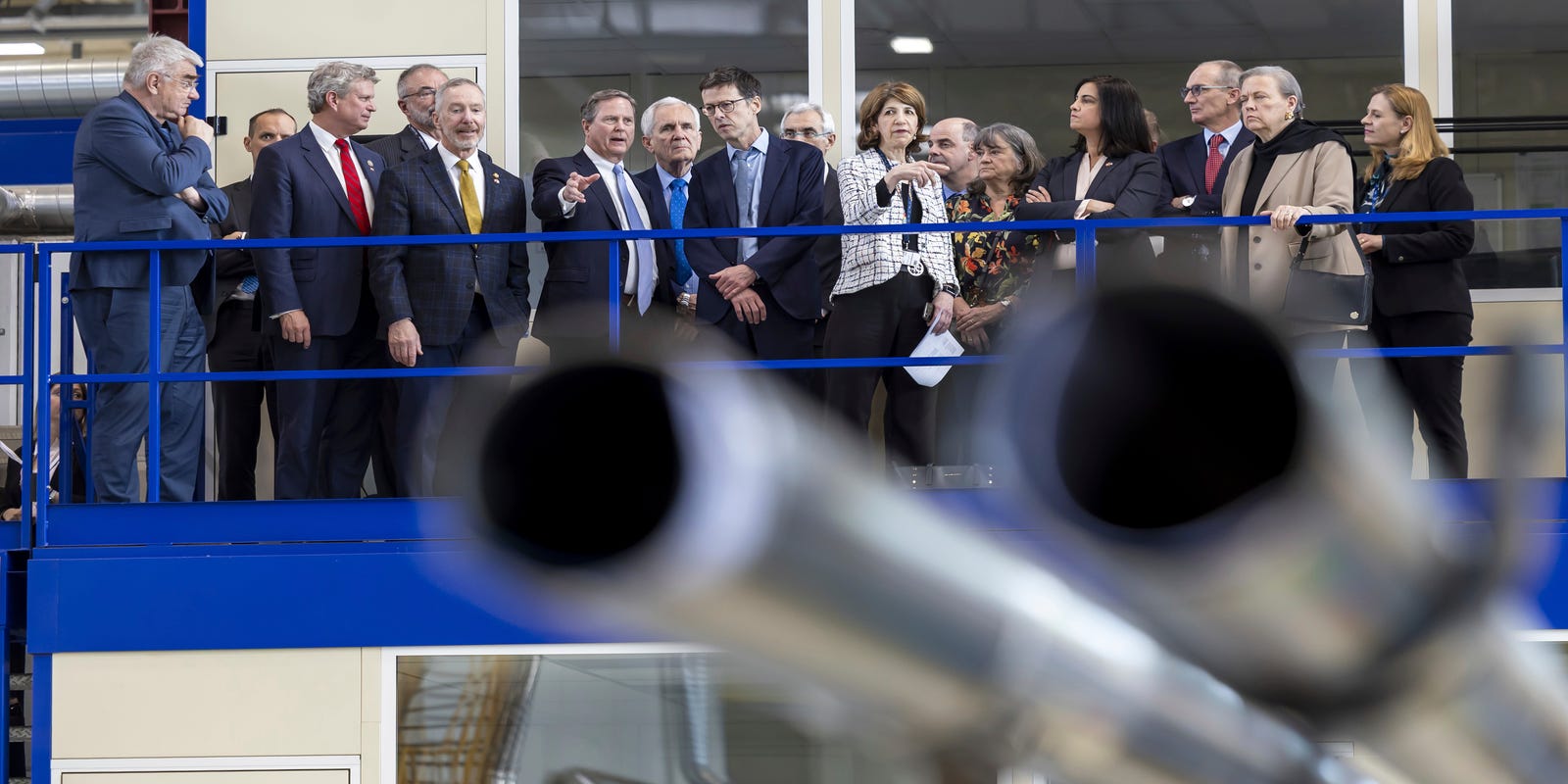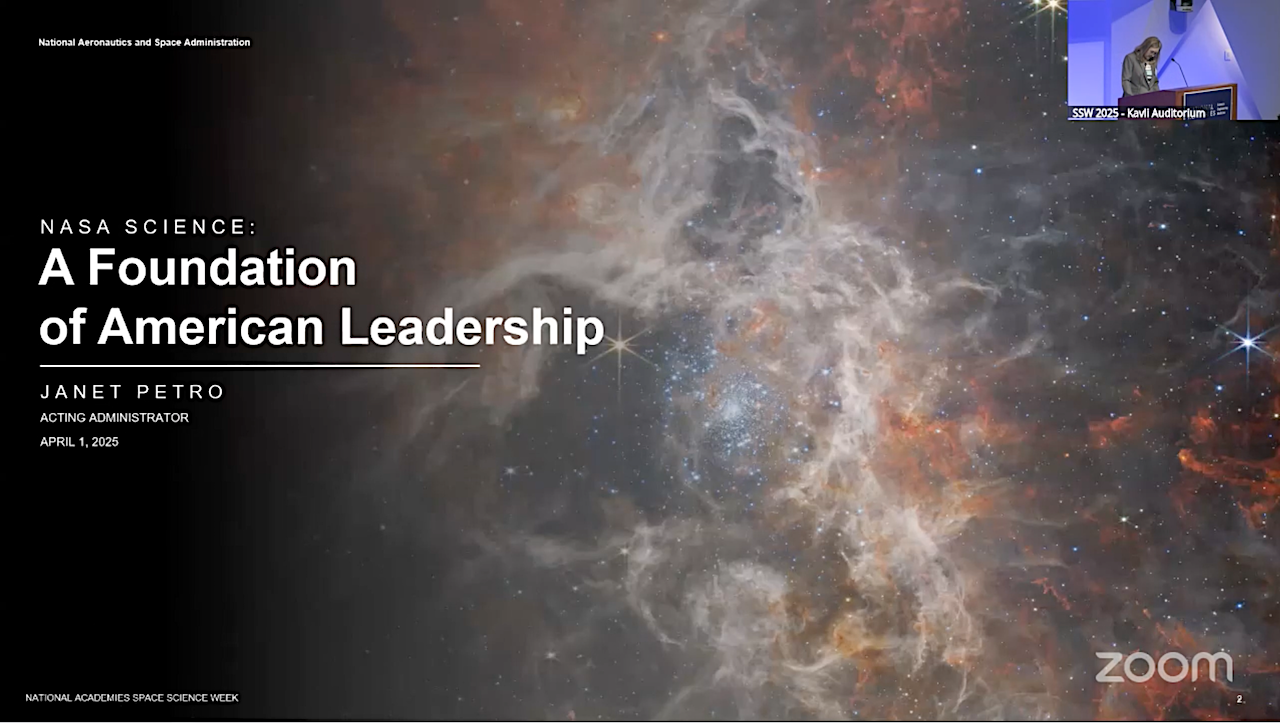
Science Homecoming: Pittcon's Triumphant Return to Steel City in 2027
Pittcon, the premier international conference and exposition for laboratory science, is set to return to its roots in Pittsburgh, the city where it was originally founded and continues to be headquartered. This exciting homecoming celebrates the conference's rich history and ongoing commitment to scientific innovation and collaboration. As a leading event in the world of laboratory science, Pittcon brings together researchers, scientists, and industry professionals from around the globe to showcase cutting-edge technologies, share groundbreaking research, and foster connections that drive scientific progress. The conference's return to Pittsburgh not only honors its origins but also highlights the city's ongoing significance in the scientific community. Attendees can look forward to an immersive experience that combines world-class presentations, innovative exhibitions, and networking opportunities that push the boundaries of scientific discovery. Pittcon continues to be a beacon of scientific excellence, bridging the gap between research, technology, and practical applications across various scientific disciplines.

